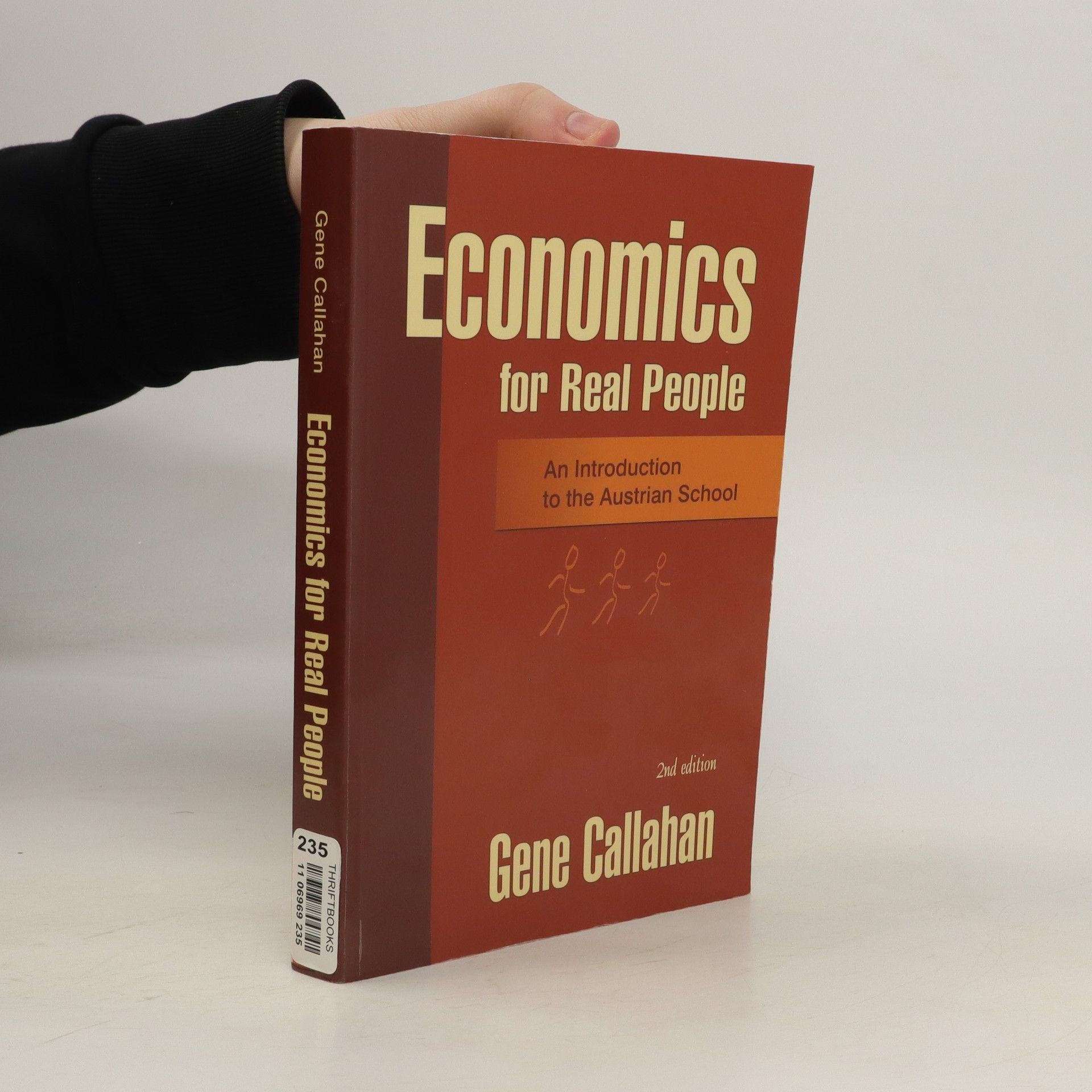Economics for Real People
- 351pages
- 13 heures de lecture
The second edition of this engaging guide presents the key concepts of the Austrian School of economics in an accessible manner for non-economists. Gene Callahan emphasizes that economics is rooted in human choices rather than government planning or statistical models. Praised by scholars like Israel Kirzner and Walter Block, this book serves as a comprehensive introduction to modern Austrian economics. Callahan, a software professional and adjunct scholar at the Mises Institute, offers insights into how real people act to address their dissatisfaction, using examples like the evolution of indirect exchange from barter to commodities like gold and silver. The first half of the book outlines fundamental principles, while the second half examines the adverse effects of market interference, illustrated by the healthcare crisis. Callahan argues that interventions often exacerbate issues, leading to further calls for government action. He critiques the perception of HMOs as products of capitalism, explaining they are responses to costs driven by government third-party payment systems. He contrasts this with other industries, noting that similar entities do not exist in sectors like automobiles or computers. Additionally, he challenges the assumption that public-private partnerships are necessary for projects like the transcontinental railroad, suggesting that entrepreneurs could have utilized resources differently.
